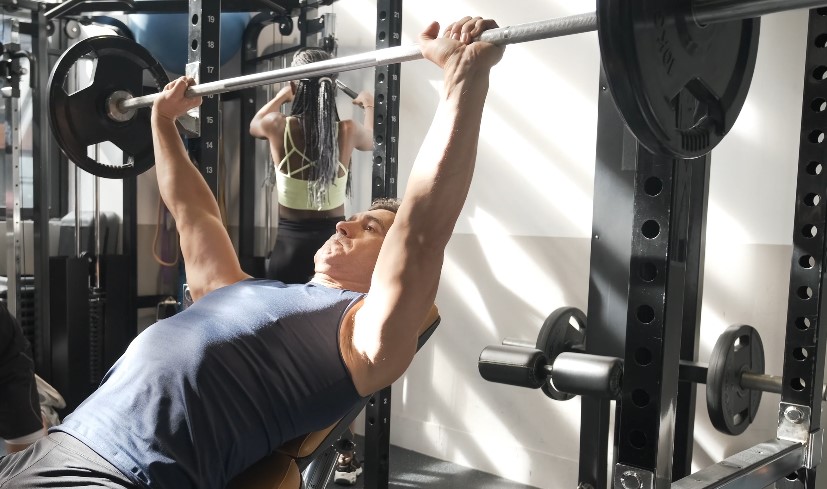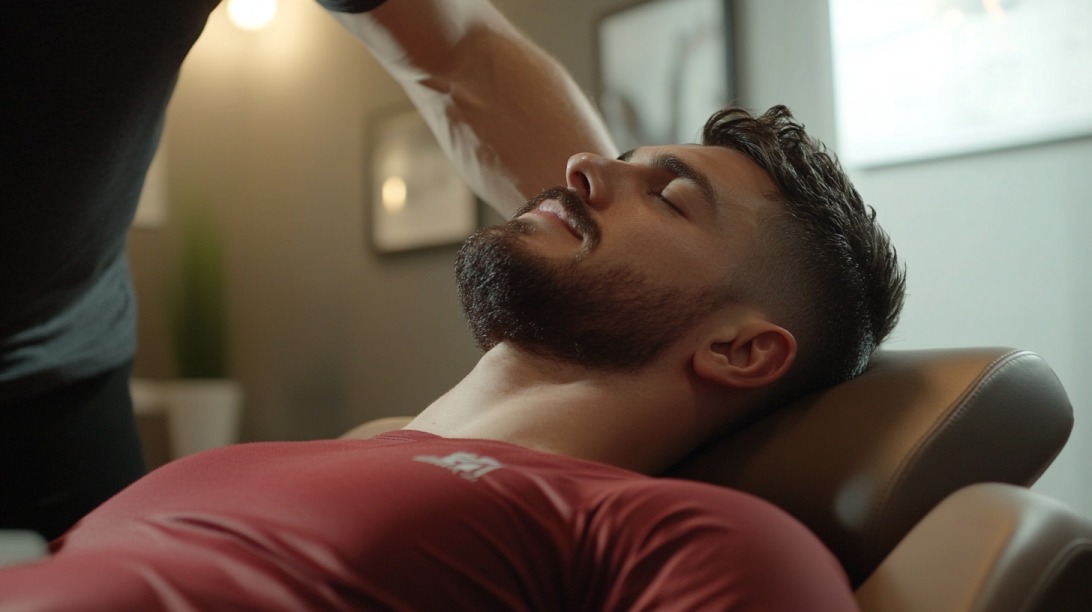By the time men reach their 30s, many begin to experience a dip in self-confidence. For some, it’s physical—reduced energy, early weight gain, or slower recovery. For others, it’s mental pressure from work, family expectations, or a creeping sense that their best years may be behind them. But this decline isn’t inevitable.
Research consistently shows that regular exercise is one of the most reliable ways for men over 30 to rebuild confidence, both physically and mentally. It improves appearance, strength, hormonal balance, and mood. More importantly, it reinforces the internal belief that you’re in control of your life—something that becomes more critical as responsibilities pile up.
1. Physical Changes Reinforce Confidence
View this post on Instagram
As testosterone levels begin to decline gradually after age 30 (typically around 1% per year), so do muscle mass, energy levels, and body composition. These changes are natural, but they often come with a loss of physical self-esteem. Many men report feeling “soft,” “weak,” or “tired” more often.
Exercise directly combats these issues:
- Resistance training helps preserve lean muscle mass, even well into the 50s and 60s.
- Cardiovascular activity improves stamina, oxygen use, and heart health.
- Regular workouts enhance posture, reduce waist size, and increase perceived attractiveness—even without extreme results.
A 2020 study published in Psychology of Sport and Exercise found that men over 30 who engaged in strength training three times per week for 12 weeks reported a 23% increase in body image satisfaction and a 17% rise in general confidence, regardless of weight loss.
2. Neurochemical Shifts That Improve Mood and Resilience
Confidence isn’t just about how you look—it’s also about how your brain feels. Exercise stimulates key neurochemicals, including:
- Endorphins (the “feel-good” hormones that reduce pain and increase pleasure)
- Dopamine (linked to motivation and reward)
- Serotonin (influences mood, focus, and calm)
- Brain-Derived Neurotrophic Factor (BDNF) (supports brain plasticity and stress resilience)
“Exercise is one of the most underused forms of emotional regulation for adult men,” says Dr. Francis David, a performance psychologist based in Sacramento. “Many clients notice a mental shift in just three weeks—less overthinking, more momentum, more optimism.”
This neurochemical reset is one reason physical activity is often recommended alongside men’s therapy for anxiety, depression, or relationship issues. The two approaches often reinforce each other: therapy addresses the patterns, and exercise fuels the emotional energy needed to break them.
3. Routine as a Confidence Builder

One overlooked benefit of regular training is its predictable structure. Men in their 30s often feel pulled in different directions—career demands, family obligations, and financial planning. Amid that chaos, having a non-negotiable hour to train becomes a small but powerful act of personal control.
Routines are essential to identity. When you tell yourself “I lift weights every Monday, Wednesday, and Friday,” or “I jog at 6 a.m. before work,” you build an identity grounded in discipline. And with discipline comes confidence.
A meta-analysis from the Journal of Health Psychology (2019) confirmed that adherence to an exercise schedule over 10 weeks was associated with a 25% increase in perceived self-discipline, which strongly correlated with self-esteem in adult men.
This is not about perfection. Even a basic home workout routine or a 30-minute walk counts. The act of showing up for yourself is what reinforces confidence.
4. Hormonal Benefits That Reinforce Male Physiology
After age 30, testosterone—a hormone closely tied to confidence, motivation, and competitive drive—begins a steady decline. While natural aging is a factor, sedentary lifestyles accelerate this drop.
Regular physical activity, especially high-intensity resistance training and interval work, has been shown to:
- Increase natural testosterone production
- Improve insulin sensitivity (which affects energy and mood)
- Lower cortisol (stress hormone) levels
According to a 2016 study in Endocrine Connections, sedentary men over 35 who began a strength training regimen saw testosterone levels increase by 15% over 8 weeks. The greatest gains were seen in men who also improved their sleep and protein intake.
5. Better Sleep, Better Mood, Better Self-Talk

Men over 30 often report poor sleep as a major contributor to low confidence. Sleep affects everything—mental clarity, decision-making, and emotional regulation.
Exercise improves sleep quality in measurable ways:
- Increases slow-wave (deep) sleep
- Reduces time to fall asleep
- Lowers stress-related wakefulness at night
A study published in Sleep Health (2021) found that men with moderate-to-vigorous exercise routines slept 42 minutes longer on average than sedentary peers and reported better morning alertness.
Better sleep reduces irritability and improves emotional regulation, which in turn improves inner dialogue. Confident men aren’t those who never struggle—they’re the ones who can navigate those struggles without crumbling. Sleep supports that resilience, and exercise builds better sleep.
6. Social Confidence Through Physical Competence
For men navigating professional or social settings in their 30s, physical confidence often translates into verbal and interpersonal confidence.
- Feeling strong and fit reduces social anxiety in groups.
- Improved posture and body language increase assertiveness
- Exercise-based hobbies (e.g., group fitness, cycling, martial arts) create community and shared identity.
In men who struggle with isolation or imposter syndrome, joining a regular training group has measurable social benefits. A 2018 UK study found that men over 30 who participated in group training were 2.5x more likely to report confidence in workplace presentations, job interviews, or networking events.
Final Thoughts
For men in their 30s, the decline in confidence is not just emotional—it’s biological, environmental, and psychological. But it’s not permanent. Regular, consistent exercise offers a structured path back to control. It reinforces physical capability, mental resilience, emotional regulation, and identity.
Whether you’re lifting weights in your garage, jogging the trails near Sacramento, or joining a Brazilian jiu-jitsu class after work, the decision to move is more than physical. It’s symbolic. It says: “I’m not done growing. I still chose the challenge.”
And for men looking to rebuild what stress, life, or time may have eroded, that mindset is the beginning of real, earned confidence.




